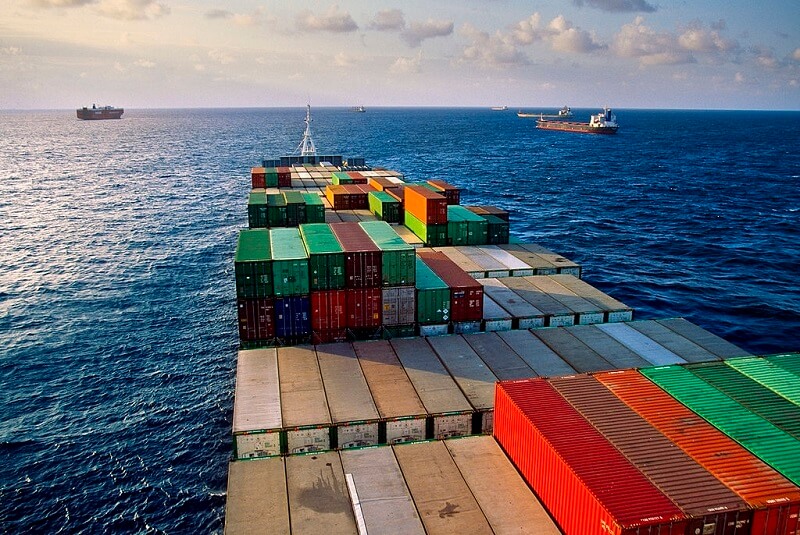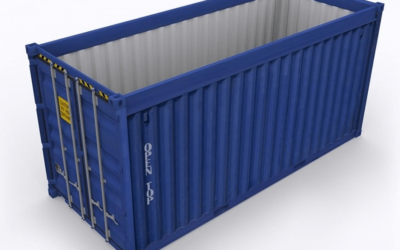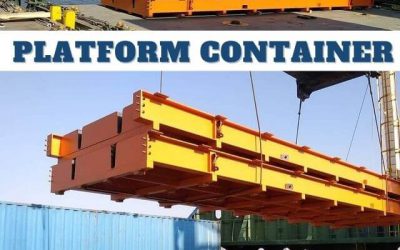Who is Responsible for Demurrage Charges
When it comes to shipping, people dealing in the trade at times may get charged with unexpected bills. Many a time traders are not only surprised to see these bills but they also don’t know what they are being charged for. One of those confusing bills includes the ‘demurrage charges’.
Unclear about why one is charged with a demurrage fee? Confused about who is responsible for that? Don’t worry as this article will explain every necessary detail and will provide tips to avoid these bills.
Table of Contents
Importance of This Terminology
When it comes to container shipping, demurrage is quite a significant term as it can often lead to financial losses, and in some cases, the traders have to abandon the container as the fee charged is more than the actual price of the container. So it is extremely necessary to know about these charges before importing or exporting goods.
Demurrage Fee
While making agreements in trade, a specific time period is set in which the shipper is supposed to use the container for packing or unpacking of the goods. If the shipper still has to use the container after the free days time period is over then the demurrage fee will have to be paid for the extra days.
Who Has to Pay?
In the case of imports, the ‘Demurrage fee’ is charged by the shipping company to the importer if he/she fails to empty the container or move it out of the port for unpacking within the agreed free timespan which is often 6-7 days. If the loaded containers can’t be shipped within the given free time due to non-carrier issues, then export demurrage is charged. The fee is applied for all kinds of vessels that are:
- Port vessels
- Vessels in the feeder terminal
- Vessels in the container yard
When And Why Is It Paid?
We all know that it is the shipper/Consignee who is the receiver of the container from the port to load or unload the products. He/she is also responsible for preparing the documentation. Everything needs to be done carefully in the specified time period. Any delay in the process could cause problems and disturb the whole process which could result in a penalty for the shipper. We have discussed above that demurrage fee is charged if the shipper uses the container beyond the free allotted time period and the fee has to be paid if the shipper has to
- Pay the shipping line for using the containers of the shipping lines beyond the free time
- Compensate the damage caused due to delays
- Get the dealers to return the container in time for its reuse
- Use extra vessel
- Neglecting agreed terms and conditions
Is It Fixed?
The demurrage fee is different for different types of cargoes. For instance, the amount may vary depending on if the cargo is dry or reefer. These charges increase with the addition of a new day. Therefore, it is very important for the dealers to have a prior complete knowledge about the allotted free time. But not just this, their preparation for customs related procedures must not be undone.
In case of imports, if a container reaches the port on the third of a month and is given a seven-day free stay including the day of discharge and the shipper uses the container till the tenth of that month then he would be charged with demurrage for two days with a rate fixed by the company.
Why Do Delays Occur?
The risks of being charged with the demurrage fee can be averted by following a proper plan and schedule. However, more often than not, it is difficult to anticipate delays. Once in a while, the delay is brought about by some unanticipated conditions including
- Bad climate conditions
- Incomplete or insufficient documentation
- Shipper being unaware about the arrival of cargo
- Worker’s strike
- Port crowding
- A dispute between shipper and consignee
- Unnecessarily lengthy and troublesome customs procedures
It is essential for the shippers to have full information with respect to the lay timespan limit so as to avoid any financial misfortunes.
How Can it Be Avoided?
- Clarify the cargo and delivery instructions to the receiver prior to shipment.
- Have alternate plans especially when dealing with congested ports
- If a delay is expected, make a request for an extension in the free time so that the fee could be avoided.






